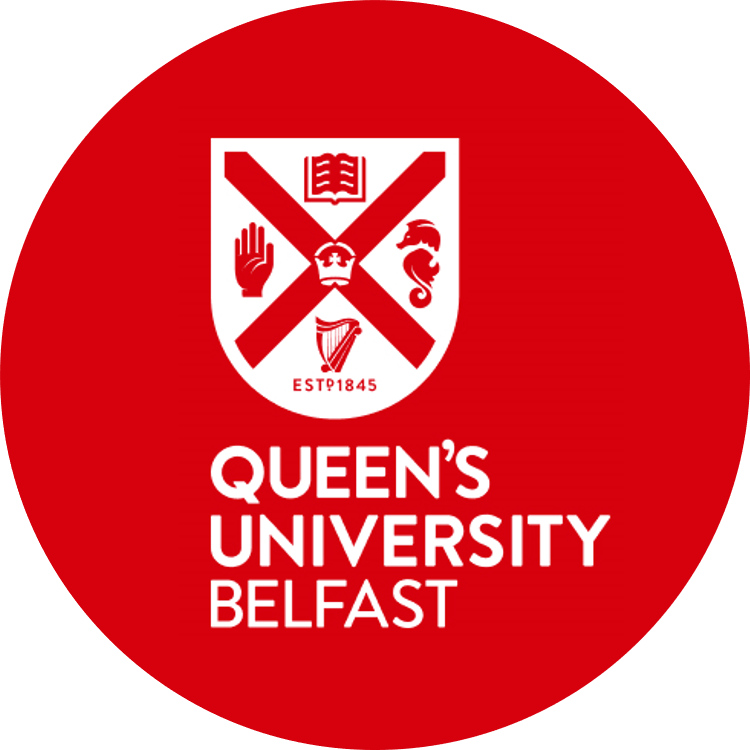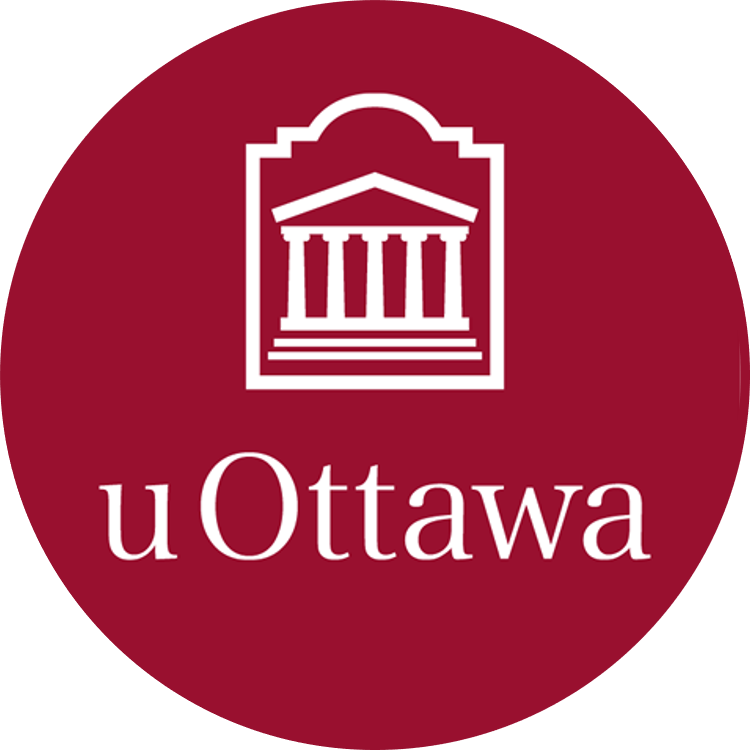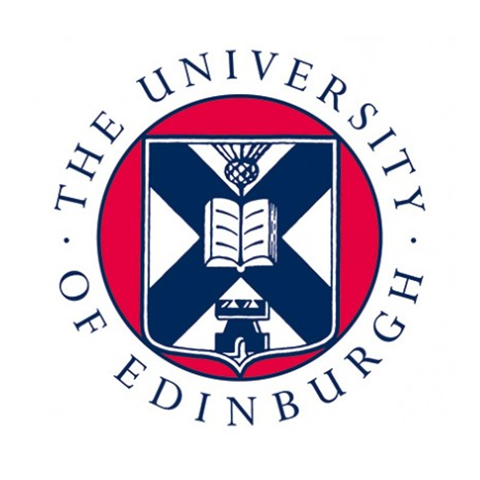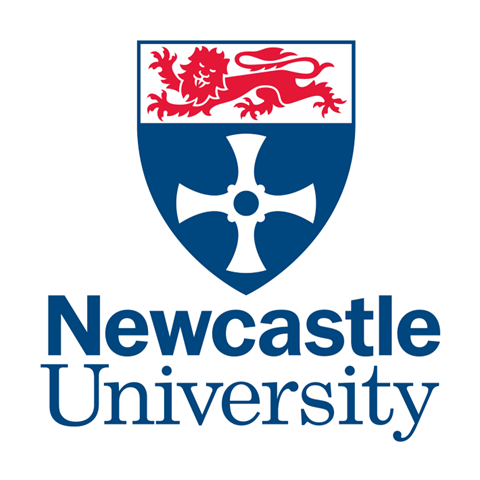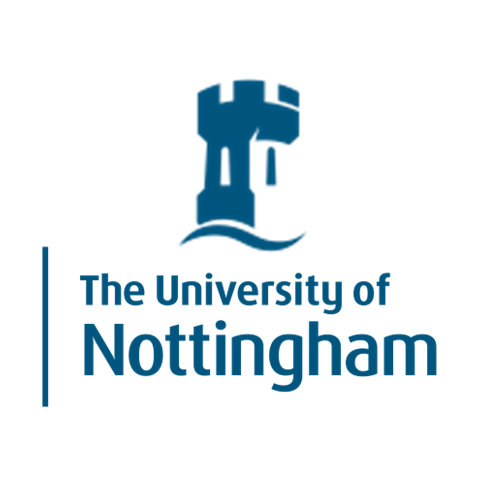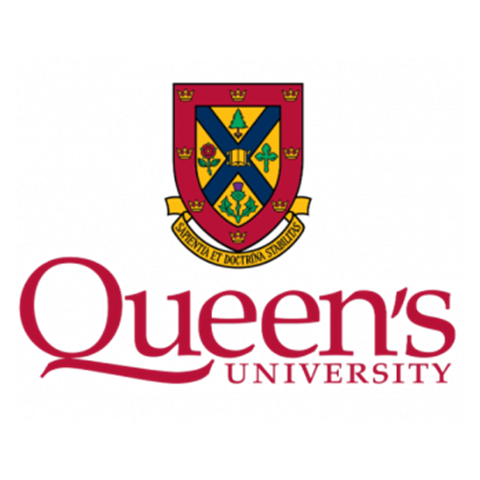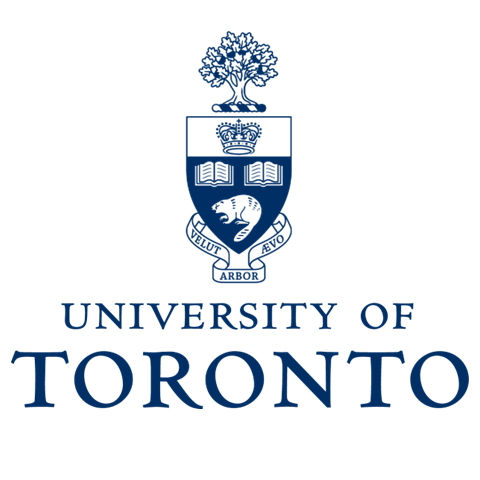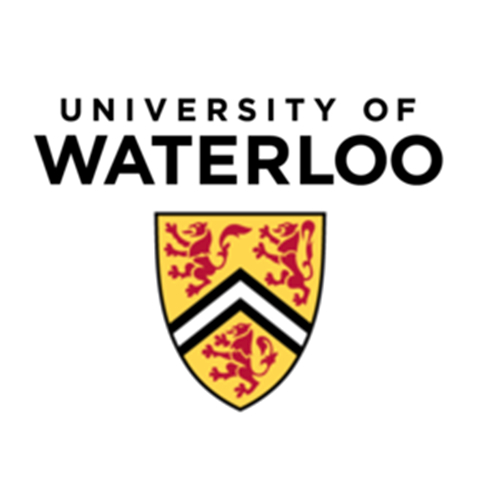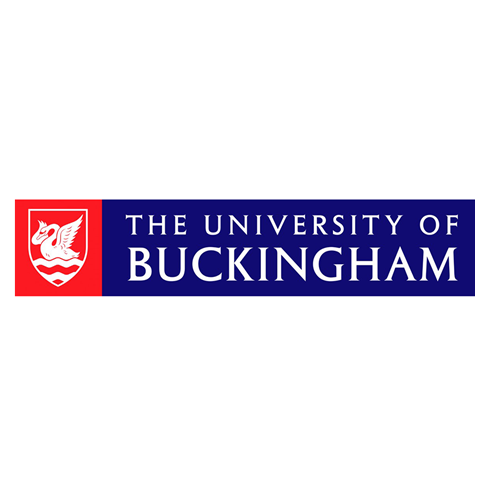
The ERPM (Examination to Register to Practice Medicine) in Sri Lanka is conducted by the Sri Lanka Medical Council (SLMC) for citizens of Sri Lanka who have obtained their medical qualification from medical schools overseas. It was previously referred to as the Act 16 Examination. The candidates should possess an MBBS or equivalent degree from a medical school recognized by the SLMC (Sri Lanka Medical Council) to be eligible to sit for this examination. Passing the ERPM enables them to apply for registration with the SLMC (Sri Lanka Medical Council).
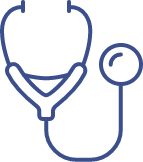
Classes are offer by IHC:
1.Exam oriented theory class.
2.Exam based paper class.
3.Clinical exam preparation class
Mock exam offered by IHC:
1.Written exams
2.Clinical exam
3.Viva exam
 The International Higher Educational Campus (IHC) is conducting classes for international graduates or doctors who need to pass the ERPM exam on their first attempt.
The International Higher Educational Campus (IHC) is conducting classes for international graduates or doctors who need to pass the ERPM exam on their first attempt.
 The exam-oriented classes are designed and taught by well-reputed consultants, senior consultants, and professors in the related fields.
The exam-oriented classes are designed and taught by well-reputed consultants, senior consultants, and professors in the related fields.
 The passing rate of the ERPM exam is very high for those who properly follow the ERPM courses from IHC.
The passing rate of the ERPM exam is very high for those who properly follow the ERPM courses from IHC.

The USMLE, or the United States Medical Licensing Examination program, was created in response to the need for one path to medical licensure for allopathic physicians in the United States. It was desirable to create one examination system accepted in every state to ensure that all licensed MDs had passed the same assessment standards, no matter in which school or which country they had trained. Today, all state medical boards utilize a national examination – the USMLE for allopathic physicians. USMLE is not just another test—it’s much more. Unlike other exams, the USMLE comprehensively tests how well you can apply your skills, knowledge, and attitudes to real-life, patient-centered scenarios.

Step 1 is a one-day computer exam that emphasizes anatomy, behavioral science, biochemistry, microbiology, pathology, pharmacology, and physiology.
This multiple-choice exam tests medical knowledge and the essential clinical science required for patient care. It lasts 9 hours, and presents subjects randomly—so you’ll need to switch from one topic to another without skipping a beat.
A 2-day computerized exam, Step 3 focuses primarily on patient management, assessing your ability to evaluate history and physical exam information, order diagnostic tests, select initial therapies, and more.
 The USMLE consists of 4 exams. Each step is taken at a different point in your medical career and requires different levels of USMLE preparation. Consider each USMLE Step its own individual exam that you’ll need to prepare for.
The USMLE consists of 4 exams. Each step is taken at a different point in your medical career and requires different levels of USMLE preparation. Consider each USMLE Step its own individual exam that you’ll need to prepare for.  With an extensive knowledge library and integrated case-based questions, the International Higher Educational Campus (IHC) can help you sharpen your clinical reasoning. The materials are prepared with quality content as they are developed by the medical experts. IHC also helps the participants to practice tests that are similar to the actual exams, which keeps them one step ahead of the competition.
With an extensive knowledge library and integrated case-based questions, the International Higher Educational Campus (IHC) can help you sharpen your clinical reasoning. The materials are prepared with quality content as they are developed by the medical experts. IHC also helps the participants to practice tests that are similar to the actual exams, which keeps them one step ahead of the competition.
The programme has been designed to :
 The performance of the aspirants is analysed by conducting mock tests to help them identify their areas of improvement, and they are trained to have enough confidence to appear for the USMLE exam accordingly.
The performance of the aspirants is analysed by conducting mock tests to help them identify their areas of improvement, and they are trained to have enough confidence to appear for the USMLE exam accordingly.

Passing the Professional and linguistic assessment board (PLAB) helps the General Medical Council (GMC) ensure doctors have the knowledge and skills to practice in the UK. The PLAB test assesses an overseas doctor’s ability to work safely in the NHS, showing the GMC they have the skills and knowledge necessary to practice medicine in the UK.

There are two parts to the test. Part 1 is a written multiple-choice exam with 180 single-best-answer questions. Part 2 is a practical, objective, structured clinical exam, known as an OSCE. You’ll need to pass both parts before you can apply for registration with a licence to practise medicine in the UK
PLAB part 1
PLAB 1 is a written exam made up of 180 multiple-choice questions which you must answer within three hours. Each starts with a short scenario followed by a question. You need to choose the right answer out of the five possible answers given.
PLAB part 2
PLAB 2 is an objective, structured clinical exam. It’s made up of 18 scenarios, each lasting eight minutes and aiming to reflect real-life settings, including a mock consultation or an acute ward.
The programme has been designed to :
 Our fully updated and reviewed PLAB revision resource offers you a bank of exam format Single Best Answer questions (SBAs). Our high-quality questions reflect the GMC exam to give you the closest revision experience possible. Each of our curriculum-matched SBAs includes a full explanation to ensure we provide you with fully comprehensive exam revision.
Our fully updated and reviewed PLAB revision resource offers you a bank of exam format Single Best Answer questions (SBAs). Our high-quality questions reflect the GMC exam to give you the closest revision experience possible. Each of our curriculum-matched SBAs includes a full explanation to ensure we provide you with fully comprehensive exam revision.

The Australian Medical Council (AMC) is an independent national standards body for medical education and training. The AMC’s purpose is to ensure that standards of education, training and assessment of the medical profession promote and protect the health of the Australian community. AMC certification is required for international medical graduates (IMGs) who wish to be licensed in Australia. To achieve AMC certification, an IMG must pass the AMC MCQ Exam and the AMC Clinical Exam, as well as have their medical diploma verified.

MCQ exam
The AMC MCQ exam consists of 150 multiple-choice questions (MCQs) organized through computer adaptive scoring. It is delivered in one 3.5-hour session. The pass mark is set to match the level of knowledge required by Australian medical schools for their final-year graduates.
Clinical exam
The AMC clinical exam consists of 16 stations. At each station, the candidate has two minutes to read a presentation of a case and determine what tasks they are expected to perform. Each station usually has three or four tasks. Taking a focused medical history, performing a focused physical examination, suggesting differential diagnoses or additional diagnostic procedures, or informing about treatments are all examples of tasks. A candidate then has eight minutes to perform the tasks and is required to pass 12 out of 16 cases, including one compulsory case in each of gynecology and pediatrics.
 We aim to help international medical graduates strengthen their foundation of medical knowledge whilst focusing on topics and content that are of the utmost importance in the AMC examinations.
We aim to help international medical graduates strengthen their foundation of medical knowledge whilst focusing on topics and content that are of the utmost importance in the AMC examinations.
 By training our students in common clinical scenarios encountered in the Australian healthcare system, we equip you with all the necessary tools to understand the latest medical protocols, an essential key to passing the AMC exams with exemplary scores.
By training our students in common clinical scenarios encountered in the Australian healthcare system, we equip you with all the necessary tools to understand the latest medical protocols, an essential key to passing the AMC exams with exemplary scores.
The programme has been designed to :
 We at IHC are committed to providing you with all the assistance you need to strengthen your medical foundation and enhance your clinical skill set while preparing for the Australian Medical Council exams (MCQ-CAT and Clinical exam).
We at IHC are committed to providing you with all the assistance you need to strengthen your medical foundation and enhance your clinical skill set while preparing for the Australian Medical Council exams (MCQ-CAT and Clinical exam).
 We not only provide bridging courses to help you clear the AMC MCQ-CAT and Clinical exams on your first attempt, but also offer regular trial exams to give you a first-hand feel of the actual examination scenario.
We not only provide bridging courses to help you clear the AMC MCQ-CAT and Clinical exams on your first attempt, but also offer regular trial exams to give you a first-hand feel of the actual examination scenario.
